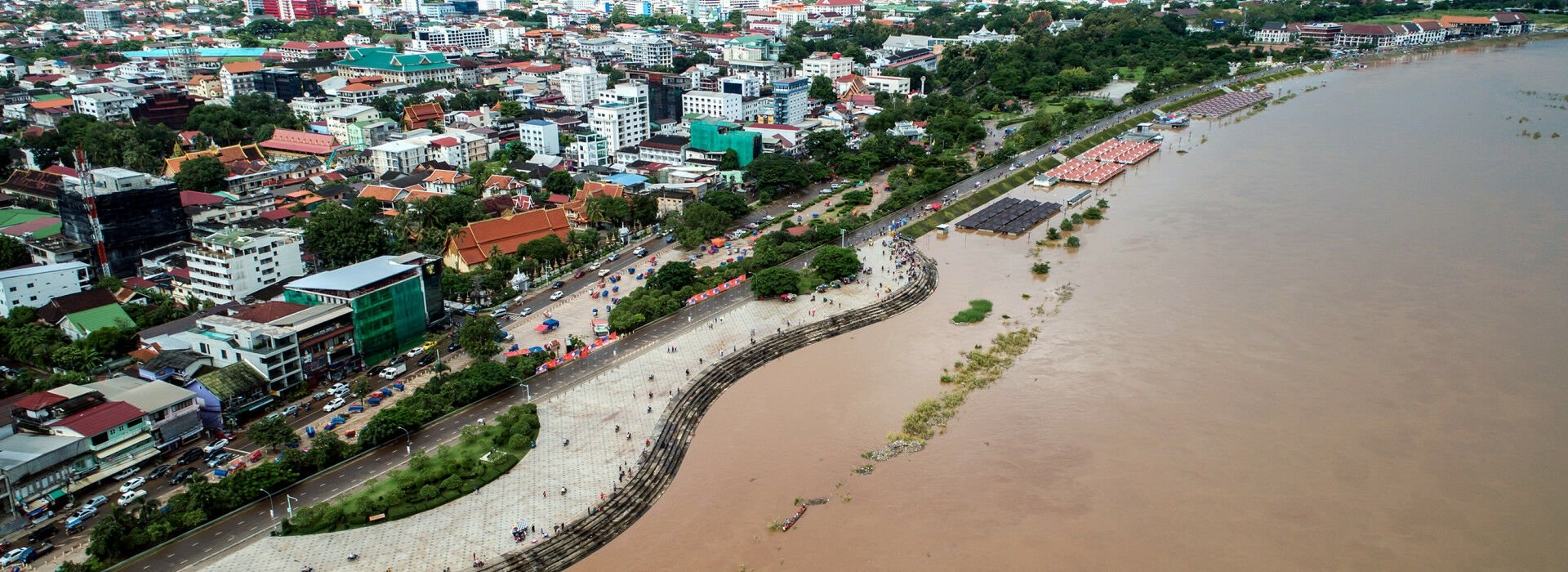Mekong your way to better flood control: Experts call for joint effort

The International Rivers Network issued a stark warning, calling on the government to urgently team up with neighbouring nations to manage the Mekong River more effectively. The aim? To cut economic losses and save lives when future floods hit.
Pianporn Deetes, the Campaign Director for the Southeast Asia Programme at the International Rivers Network, revealed that recent devastating floods in Chiang Rai province were partly caused by massive water flows from Myanmar. Shockingly, there’s currently no robust system in place to handle cross-border flooding.
Pianporn urged the government to forge stronger ties with neighbouring countries to cushion the blow of floods on communities downstream. She emphasised the need for cooperation with countries along the lower Mekong River, noting that Thailand’s Northeastern region is especially vulnerable.
She also pointed out that water surges from Laos and dam releases from China could make flooding in Thailand’s Northeastern region even worse.
“The Mekong River Commission’s mechanism is inadequate as it focuses solely on data sharing. What we need now is a co-management system for Mekong River countries, including China.
“People living along the Mekong River should have the right to stay safe from flooding caused by water discharged by the dams.”
Transboundary flooding
Pianporn called on Prime Minister Paetongtarn Shinawatra to take immediate action to address transboundary flooding by raising the issue for regional discussion.
“If (Prime Minister Paetongtarn Shinawatra) deeply understands people’s suffering, she should take immediate action to deal with the transboundary flooding by raising the issue for a regional discussion.
“No one from the government has expressed a single care on the issue. This is a huge loss for the people.”
The Thai Meteorological Department also issued warnings on its website, predicting that a strengthening monsoon will bring heavy rain to the northeastern, Isaan, and central regions starting tomorrow, September 17. Bangkok, along with the eastern and southern parts of the country, is also expected to experience heavy rainfall.
Meanwhile, Tara Buakamsri from Greenpeace Southeast Asia identified deforestation as a key factor in the flooding disaster in Chiang Rai province. He noted that Shan State in Myanmar, which is connected to Chiang Rai’s Mae Sai district, is the origin of the Mae Sai River and the Mae Kok River. These rivers have overflowed, causing severe floods.
Tara referenced satellite data from 2021 to 2023, revealing that over 3.1 million rai of forest land in Shan State has been converted into maize farms to supply feed mills.
By addressing transboundary collaboration and deforestation, the government has the opportunity to mitigate future flooding risks and protect the lives and livelihoods of those residing along the Mekong River, reported Bangkok Post.
Latest Thailand News
Follow The Thaiger on Google News:


























